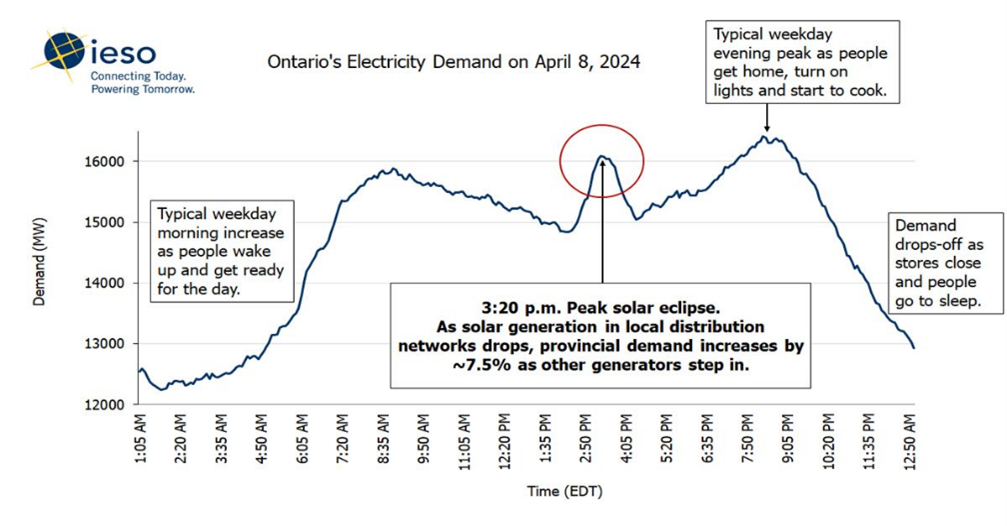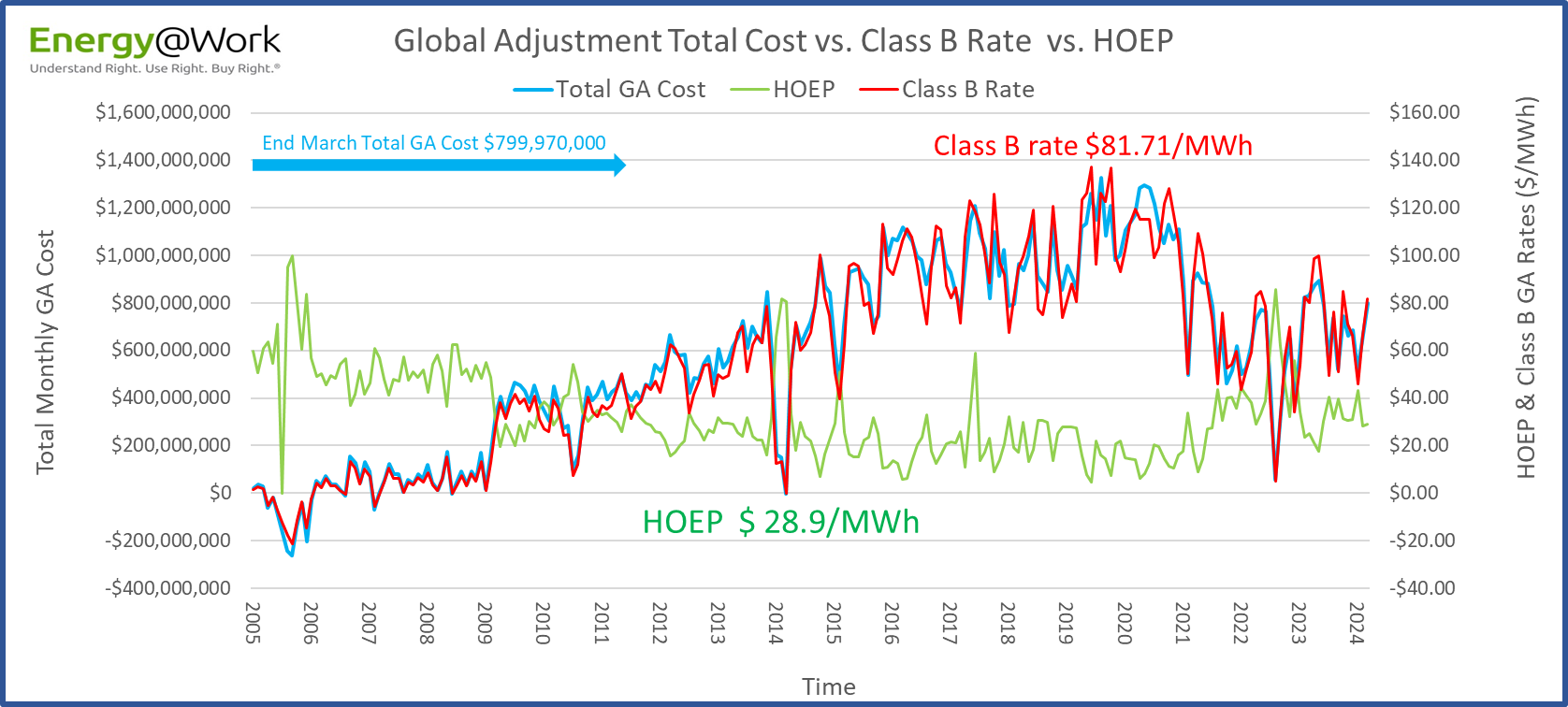Our recommendation is to protect yourself: Offence is the best Defense!
For Large Business Accounts (LBA):
In our Energy Management Action Plan (E-MAP) we diligently monitor utility consumption, associated costs, and weather-corrected monthly usage through Cumulative Summaries (CuSum). We highly recommend that each building establishes and consistently maintains its CuSum to enhance proactive energy management.
In addition, there are significant advantages in integrating Real-Time Monitoring (RTM) directly with the Enbridge Natural Gas Meter. This modest investment in RTM yields substantial benefits, especially when aligned with a carbon reduction strategy.
For Non-Large Business Accounts (NLBA):
Given the complexity of Enbridge's policy about not accepting emails, maintaining meticulous records becomes essential. To address this challenge, we have established a dedicated tracking system specifically designed for monthly discussions with Enbridge, which we believe to be the most practical option. If a problem persists, we recommend exploring the option of Real-Time Monitoring (RTM) as well.
Energy@Work remains committed to monitoring the situation and maintaining communication with the Ontario Energy Board.
Background
Energy@Work achieved significant success in recovering $17,000 from Enbridge, addressing a meter/billing issue. Enbridge accepts emails for Large Business Accounts (LBA) and has been highly cooperative, recognizing that occasional hiccups may occur.
However, in early 2022, Energy@Work faced a more challenging situation. We submitted concerns on behalf of one of our Non-Large Business Account (NLBA) clients to Enbridge. Unfortunately, these concerns were not resolved and were later escalated to the Enbridge Ombudsman office.
The concerns primarily revolved around three key issues:
I) $28,000 was withdrawn without notice from the client’s bank account.
II) For fourteen consecutive months, Enbridge provided estimated meter readings, despite the meter being located outside, easily accessible, and regular contact was made with Enbridge every other month to address the situation.
III) The inability to send or receive an email from Enbridge.
These concerns remained unresolved, prompting us to elevate them to the attention of the Ontario Energy Board (OEB). Although the OEB responded quickly, our concerns could not be addressed under the existing regulations.
Coincidentally, in September 2022, the Ontario Energy Board (OEB) accepted an Assurance of Voluntary Compliance (AVC) from Enbridge:
“The OEB initiated its review in mid-2021 as a result of an increase in the number of complaints about Enbridge’s meter reading and estimated billing activities and its call centre wait times. The impact on customers included: receiving large “catch-up” bills once an actual meter reading was obtained; delays in the return of overpayments, credits owed to them and closing of accounts; and being left on-hold for extended periods of time or having to call for several consecutive days before having their call answered.”
The official announcement can be found on the OEB website:
Ontario Energy Board Accepts Assurance of Voluntary Compliance from Enbridge Gas Inc
Regrettably, customer complaints have doubled, as indicated in a recent report dated January 15th, 2024, by CBC on Enbridge Meter Reading Compliance
Therefore, our recommendation persist: Offence remains your best defense!












